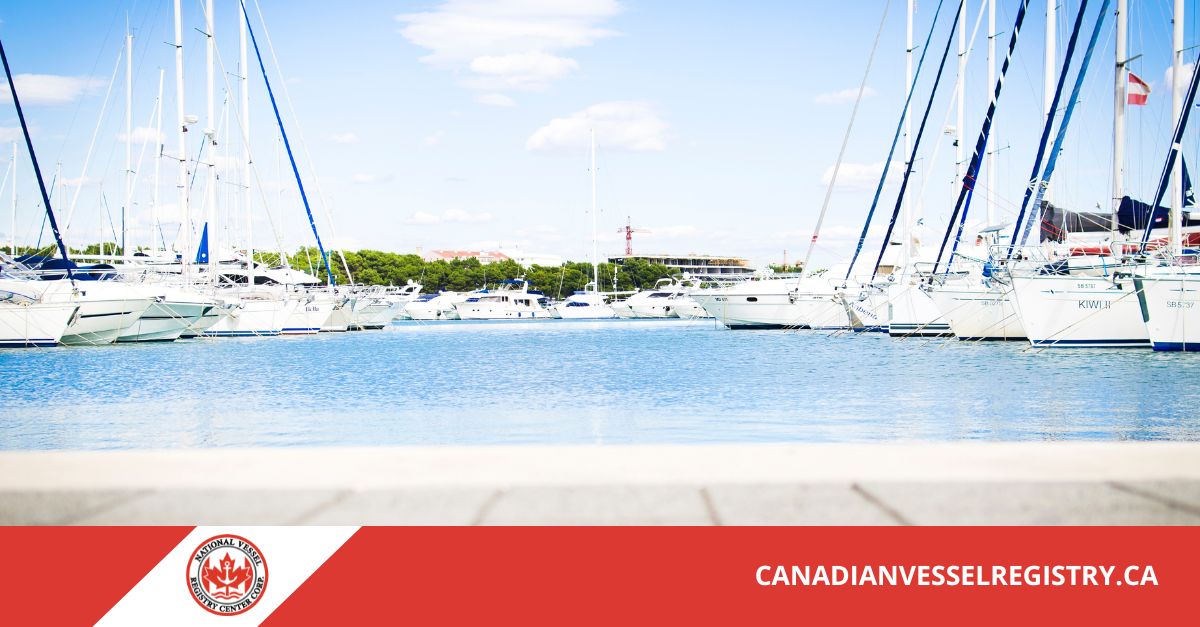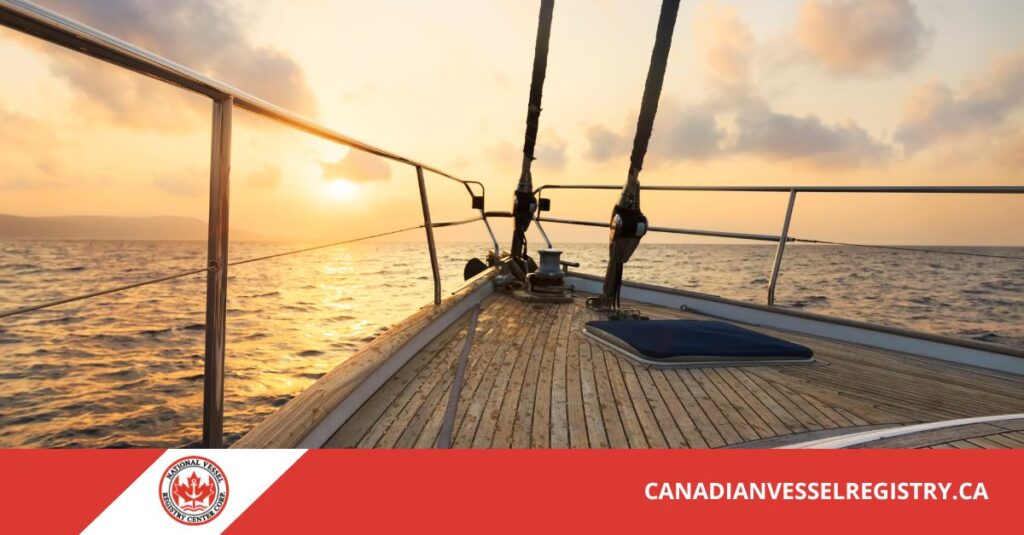Yes, Canadian authorities can impose a fine of $250 if you’re caught operating a watercraft without a valid pleasure craft licence.
The enforcement of these penalties varies across different regions and enforcement agencies, but the financial consequences remain consistent nationwide. We help boat owners navigate these requirements by providing the proper forms for both licensing and registration options, ensuring you choose the path that best protects you from potential fines and legal complications.
When Fines Apply for Missing Pleasure Craft Licence Documentation
The $250 penalty specifically targets operators who are legally required to hold a pleasure craft licence but fail to obtain proper documentation. This fine represents just one aspect of potential consequences, as additional penalties may apply depending on your specific circumstances and the enforcement officer’s discretion.
Enforcement officers from various agencies including the Canadian Coast Guard, provincial conservation officers, and local marine police have authority to verify your documentation during routine patrols or safety inspections. These checks can occur at marinas, boat launches, or while you’re on the water.
The severity of enforcement varies by region, with some areas conducting more frequent compliance checks than others. High-traffic waterways and popular recreational areas typically see more aggressive enforcement, particularly during peak boating seasons when accident rates increase.
Alternative Compliance Strategies
Many boat owners discover that registration offers a practical alternative to individual licensing requirements. When you register your watercraft through appropriate channels, you eliminate the need for each operator to carry individual credentials while maintaining full legal compliance.
Registration creates a permanent record tied to your specific boat rather than individual operators, which can be more convenient for families or groups who share watercraft use. This approach particularly benefits boat owners who frequently have different family members or guests operating their watercraft.
Our forms make it straightforward to pursue registration options that eliminate licensing requirements while ensuring your watercraft meets all legal obligations under Canadian maritime laws. This approach can save you both money and administrative burden over time.
Enforcement Variations Across Canadian Waters
Different enforcement agencies apply varying levels of scrutiny to pleasure craft licence requirements, creating regional differences in how strictly these regulations are enforced. Urban waterways with high traffic volumes often see more frequent document checks than remote fishing areas or smaller lakes.
Provincial conservation officers focus heavily on licensing compliance during fishing season enforcement, while Coast Guard personnel may prioritize safety equipment and navigation requirements during their patrols. Local marine police often conduct the most thorough documentation reviews during routine stops.
Seasonal factors also influence enforcement patterns, with summer months typically seeing increased scrutiny as recreational boating activity peaks. Holiday weekends and special events often trigger enhanced enforcement efforts that include comprehensive documentation reviews.

Documentation Requirements for Different Watercraft Types
The pleasure craft licence requirements vary significantly based on your boat’s specifications, intended use, and operational characteristics. Smaller recreational boats under specific power thresholds may have different requirements than larger watercraft or those used for commercial purposes.
Personal watercraft like jet skis face particularly strict licensing requirements, with operators typically needing valid credentials regardless of the watercraft’s registration status. These requirements reflect the higher accident rates and safety concerns associated with these high-performance watercraft.
Sailboats present unique considerations, as their requirements may depend on auxiliary motor specifications rather than their primary wind propulsion systems. Our forms help you navigate these distinctions and ensure compliance regardless of your watercraft type.
Commercial vs. Recreational Operation Penalties
Commercial operators face substantially higher penalties and more complex compliance requirements than recreational boat users. The $250 fine represents just the starting point for enforcement actions against commercial operations lacking proper documentation.
Business operations may trigger additional regulatory requirements through various agencies, creating multiple layers of potential penalties if documentation is inadequate. These enhanced requirements reflect the increased safety risks and public responsibility associated with commercial marine operations.
Even occasional charter activities or paid instruction can shift your boat into commercial categories that require enhanced documentation and carry higher penalty risks. Our forms help ensure you understand and meet these elevated requirements when applicable.
Provincial Variations and Additional Penalties
While federal penalties remain consistent across Canada, provincial authorities may impose additional fines or restrictions for inadequate boat documentation. These supplementary penalties can significantly increase the total cost of non-compliance.
Some provinces tie boat licensing requirements to fishing license validity, creating potential cascading penalties if multiple documentation issues are discovered during a single enforcement contact. These interconnected requirements make comprehensive compliance planning essential.
Provincial park systems and conservation areas may have their own documentation requirements that supplement federal regulations, creating additional compliance layers that boat owners must navigate successfully.
Insurance and Legal Implications
Operating without proper pleasure craft licence documentation can void your boat insurance coverage, creating significant financial liability beyond the immediate fine. Insurance companies regularly deny claims when policy holders are found operating in violation of licensing requirements.
Legal liability for accidents involving unlicensed operators can be substantially higher than incidents involving properly documented boat operators. Courts may view licensing violations as evidence of negligence, affecting both criminal proceedings and civil liability determinations.
These consequences often prove far more expensive than the original $250 fine, making proper documentation a crucial financial protection strategy for serious boat owners.
Transfer Procedures and Compliance Maintenance
When you sell or transfer your watercraft, pleasure craft licence transfer procedures must be completed properly to ensure the new owner understands their documentation obligations. Incomplete transfers can create ongoing liability for previous owners if enforcement actions occur after the sale.
The Canadian Ship Registry maintains comprehensive records that help establish proper ownership chains and documentation histories, which can be crucial during enforcement encounters or legal proceedings involving watercraft ownership disputes.
Our forms simplify these transfer procedures while ensuring all parties understand their ongoing compliance obligations, protecting both buyers and sellers from potential penalties and legal complications.
Enforcement Technology and Detection Methods
Modern enforcement agencies use sophisticated technology to identify boats operating without proper documentation, including database systems that can instantly verify registration and licensing status through hull identification numbers or other unique identifiers.
Automated systems at popular boat launches and marinas can flag potentially non-compliant watercraft before they reach open water, increasing the likelihood that operators with documentation issues will face enforcement contact.
Electronic monitoring systems continue expanding across Canadian waterways, making it increasingly difficult to operate without proper documentation without eventually encountering enforcement scrutiny.
Cost-Benefit Analysis of Compliance Options
The long-term costs of maintaining proper pleasure craft licence documentation often prove significantly lower than the potential penalties and complications associated with non-compliance. Beyond the immediate $250 fine, consider insurance implications, legal liability risks, and potential watercraft seizure during serious violations.
Registration options may offer more cost-effective long-term compliance strategies for many boat owners, particularly those with multiple operators or frequent guests using their watercraft. Our forms help you evaluate these alternatives and choose the most economical compliance approach.
The administrative burden of maintaining individual licenses for multiple operators can also represent hidden costs that registration alternatives help eliminate while maintaining full legal compliance.
Our Forms and Compliance Solutions
We provide comprehensive forms for both licensing and registration pathways, helping Canadian boat owners choose the most appropriate compliance strategy for their specific situations. Our forms are regularly updated to reflect current regulatory requirements and enforcement priorities.
Whether you need standard licensing forms or prefer registration alternatives that eliminate individual operator requirements, our comprehensive selection ensures you can maintain compliance while minimizing administrative burden and potential penalty risks.
Our forms streamline the documentation process while ensuring you understand all available options for maintaining legal compliance on Canadian waters, helping you avoid the $250 fine and more serious consequences.

